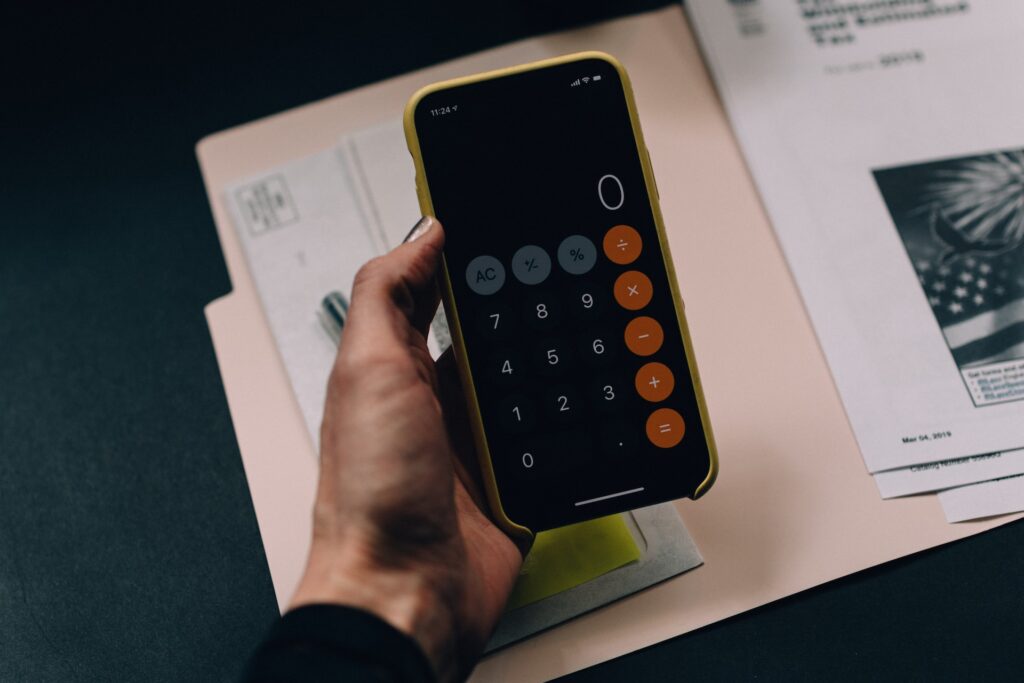Are you a landlord or property owner? Are you looking for ways to make your business easier and more efficient? If so, then you need to check out QuickBooks for landlords.
QuickBooks is the perfect tool for managing your rental properties, and in this guide, we’ll show you how to use it to its full potential. So whether you’re just starting out in the world of rentals or you’ve been at it for a while, read on to learn everything you need to know about QuickBooks and landlords!
The basics
QuickBooks is a great tool for landlords who want to keep track of their expenses and income. It’s easy to use and can save you a lot of time and money. QuickBooks allows you to track your rent payments, repair and maintenance costs, and other expenses.
You can also use QuickBooks to generate reports that show your income and expenses for a specific period of time. This can be helpful if you’re trying to figure out how much money you’re making or losing each month. QuickBooks is a powerful tool that can help you run your rental business more efficiently.
Setting up your account
Setting up an account with QuickBooks is a simple and straightforward process that can be completed in just a few minutes. All you need is a valid email address and to create a strong password. Here are the steps to follow:
1. Go to the QuickBooks website and click on the ‘Sign Up’ button.
2. Enter your personal information, such as your name, email address, and create a password.
3. Choose the type of plan you want to sign up for – there are three different options available.
4. Enter your payment information and agree to the terms and conditions.
5. That’s it! You’re now ready to start using QuickBooks and managing your finances in a more efficient way.
Tracking rent payments

First, you need to create a new customer for each tenant in your QuickBooks file. To do this, go to the Customers menu and click on the New Customer option. Then, fill out the required information for each tenant. Be sure to include their name, address, and contact information.
Once you have created a customer record for each tenant, you can then begin tracking their rent payments. To do this, go to the Sales menu and click on the invoices option. Then, select the tenant’s name from the drop-down menu and enter the amount of rent that they owe. Be sure to include the date that the rent is due. You can also add any additional charges, such as late fees, to this invoice.
Once you have saved the invoice, QuickBooks will keep track of all future rent payments made by that tenant. You can run reports at any time to see who has paid their rent and who has not. This will help you stay on top of your rental income and ensure that you are being paid on time.
Managing expenses
As a landlord, it’s important to keep track of all your expenses in order to maintain your rental property effectively and efficiently. QuickBooks can help you do just that. Here are the steps to follow to use QuickBooks to manage your rental property expenses:
1. First, create a new company file in QuickBooks. Be sure to include all relevant information about your rental property, such as the address, square footage, and number of units.
2. Next, set up a Chart of Accounts specifically for your rental property. This will help you track all expenses related to the property in one place.
3. Now you’re ready to start tracking expenses! Enter all bills and invoices related to the property into QuickBooks as they come in. You can also track income and revenue in QuickBooks, which can be helpful come tax time.
4. Finally, run regular reports on your expenses to ensure that you’re staying on top of things. This will help you identify any areas where you may be overspending or could save money in the future.
By following these steps, you can use QuickBooks to effectively manage your rental property expenses and keep your property running smoothly.
Reporting income and expenses

QuickBooks is also a great way for landlords to keep track of their income and expenses. Here are the steps to follow to create income and expense reports for a rental property:
1. First, create a separate bank account for your rental property. This will make it easier to track your income and expenses.
2. Next, set up QuickBooks and create a chart of accounts. Be sure to include an account for rent income and one for each type of expense (e.g., utilities, repairs, etc.).
3. Now you’re ready to start tracking your income and expenses. Whenever you receive rent payments, deposit them into the rental account and record them in QuickBooks. Similarly, whenever you have an expense related to the property, pay it from the rental account and record it in QuickBooks.
4. Once you’ve been doing this for awhile, you can generate reports that show your total income and expenses for the month or year. This can be helpful in budgeting for future expenses or identifying areas where you might be able to save money.
By using QuickBooks, landlords can easily keep track of their income and expenses and generate reports that can be used for budgeting and decision-making purposes.
Tips and tricks

By following these accounting tips, you can make sure that your rental property accounting is accurate and up-to-date. QuickBooks can save you time and money by helping you keep track of everything in one place.
- Keep good records from the start. When you first set up your QuickBooks file, be sure to include all of your rental properties and tenants. This will make it easier to track expenses and income later on.
- Create separate accounts for each property. This will help you keep track of expenses and income for each property separately.
- Track all income and expenses. Be sure to track all income and expenses for each property in QuickBooks. This includes rent payments, utility bills, repair costs, and more.
- Run reports regularly. QuickBooks can generate a variety of reports that can be helpful for landlords. These include profit and loss statements, balance sheets, and tenant ledgers. Be sure to run these reports on a regular basis to stay on top of your finances.
- Stay organized. QuickBooks can help you stay organized by keeping track of all your rental property information in one place. This includes contact information for tenants, lease terms, and more.
Final thoughts

QuickBooks is a cloud-based accounting software that offers a number of benefits for landlords. Perhaps most importantly, it can save you a significant amount of time and effort when it comes to managing your finances.
With QuickBooks, you can easily keep track of income and expenses, generate reports, and create budget templates. This can be an invaluable tool when it comes to making decisions about your rental property. In addition, QuickBooks can help you to stay organized and efficient, two key qualities that any successful landlord needs.
If you’re looking for a way to streamline the financial management of your rental property, QuickBooks is definitely worth considering.

Are you looking to make it big in the rental property management business? Get your copy of Achieving Financial Success as a Property Manager: An Insider’s Guide today and become an expert in managing rental properties. This comprehensive guide provides all the strategies and information necessary to succeed in this exciting industry, so don’t miss out – get your copy now from your favorite bookseller:
- Amazon
- Books2Read for Apple, Barnes & Noble, Kobo, Scribed, and 8 more sellers with both eBook and paperback options available
- Payhip as a PDF
Written by J. Scott Digital freelance copywriting services.







